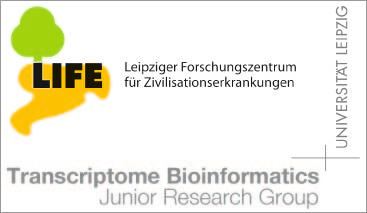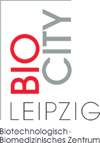Publications - Published papers
Please find below publications of our group. Currently, we list 565 papers. Some of the publications are in collaboration with the group of Sonja Prohaska and are also listed in the publication list for her individual group. Access to published papers ( ) is restricted to our local network and chosen collaborators.
If you have problems accessing electronic information, please let us know:
) is restricted to our local network and chosen collaborators.
If you have problems accessing electronic information, please let us know:
 ) is restricted to our local network and chosen collaborators.
If you have problems accessing electronic information, please let us know:
) is restricted to our local network and chosen collaborators.
If you have problems accessing electronic information, please let us know:©NOTICE: All papers are copyrighted by the authors; If you would like to use all or a portion of any paper, please contact the author.
In vitro iCLIP-based modeling uncovers how the splicing factor U2AF2 relies on regulation by cofactors
Sutandy, F X Reymond and Ebersberger, Stefanie and Huang, Lu and Busch, Anke and Bach, Maximilian and Kang, Hyun Seo and Fallmann, Jörg and Maticzka, Daniel and Backofen, Rolf and Stadler, Peter F. and Zarnack, Kathi and Sattler, Michael and Legewie, Stefan and König, Julian
Download
Status: Published
Genome Res. 28: 699-713
Abstract
Alternative splicing generates distinct mRNA isoforms and is crucial for proteome diversity in eukaryotes. The RNA-binding protein (RBP) U2AF2 is central to splicing decisions, as it recognizes 3′ splice sites and recruits the spliceosome. We establish “in vitro iCLIP” experiments, in which recombinant RBPs are incubated with long transcripts, to study how U2AF2 recognizes RNA sequences and how this is modulated by trans-acting RBPs. We measure U2AF2 affinities at hundreds of binding sites and compare in vitro and in vivo binding landscapes by mathematical modeling. We find that trans-acting RBPs extensively regulate U2AF2 binding in vivo, including enhanced recruitment to 3′ splice sites and clearance of introns. Using machine learning, we identify and experimentally validate novel trans-acting RBPs (including FUBP1, CELF6, and PCBP1) that modulate U2AF2 binding and affect splicing outcomes. Our study offers a blueprint for the high-throughput characterization of in vitro mRNP assembly and in vivo splicing regulation.















